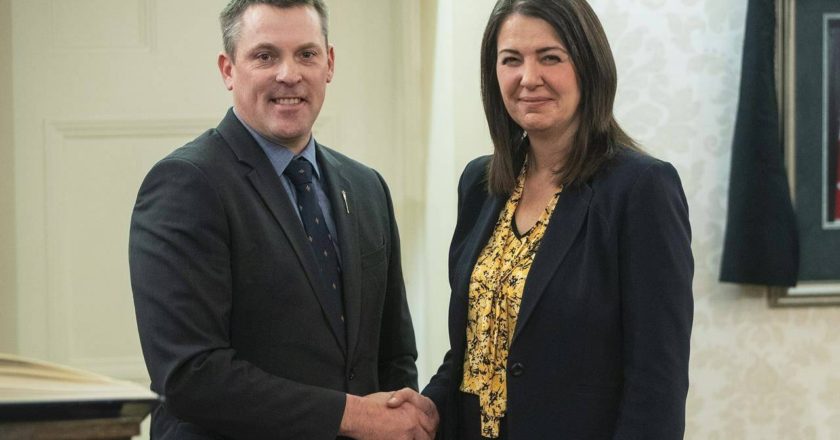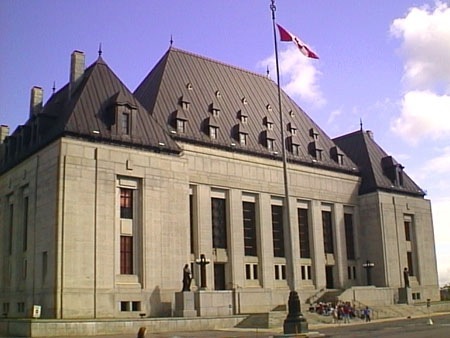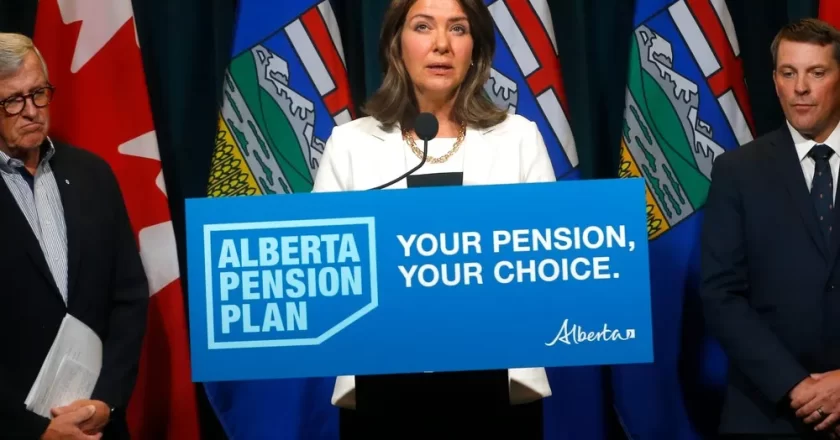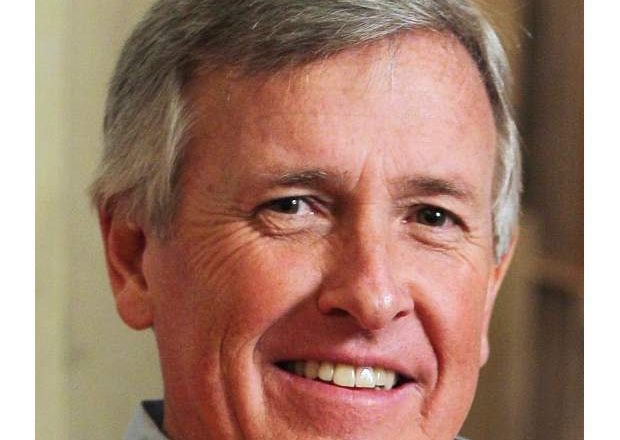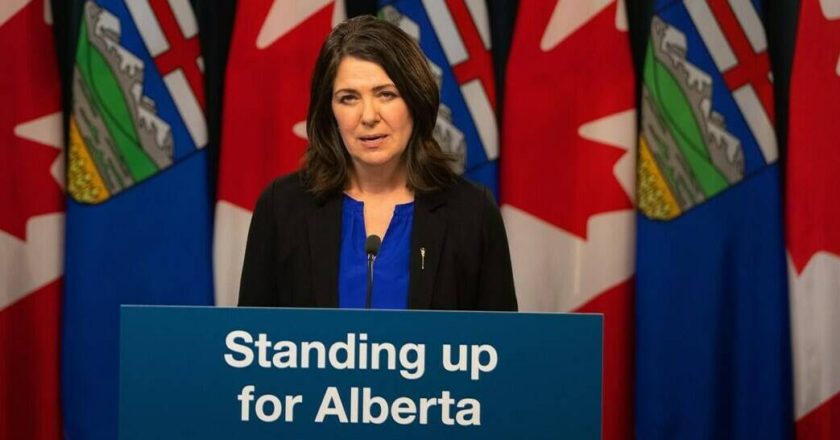Demographics, Economic Data, Employment, Financial Institutions, Intergovernmental, Opinion/Research, Politics
Alberta Pension Plan- conversation with retired professors at UofA
I was excited to present to retired professors from the University of Alberta last Thursday my views on the marketing campaign by the Alberta government to "engage" the public on the supposed benefits of an Alberta pension plan.
My focus was on the political messaging.
The Youtube video can be viewed here.
The political messaging created by the Government of Alberta is an expensive communications effort (close to $10-million of Albertans’ tax dollars). The friendly website "Alberta Pension Plan" begins with “What’s in it for you.” The web page design is classically an appeal to Albertans’ sense of place and community with pictures of the Rockies and foothills and wistful pictures of a handsome seniors’ couple.
The pitch focuses mainly on the benefits that would be supposed...
